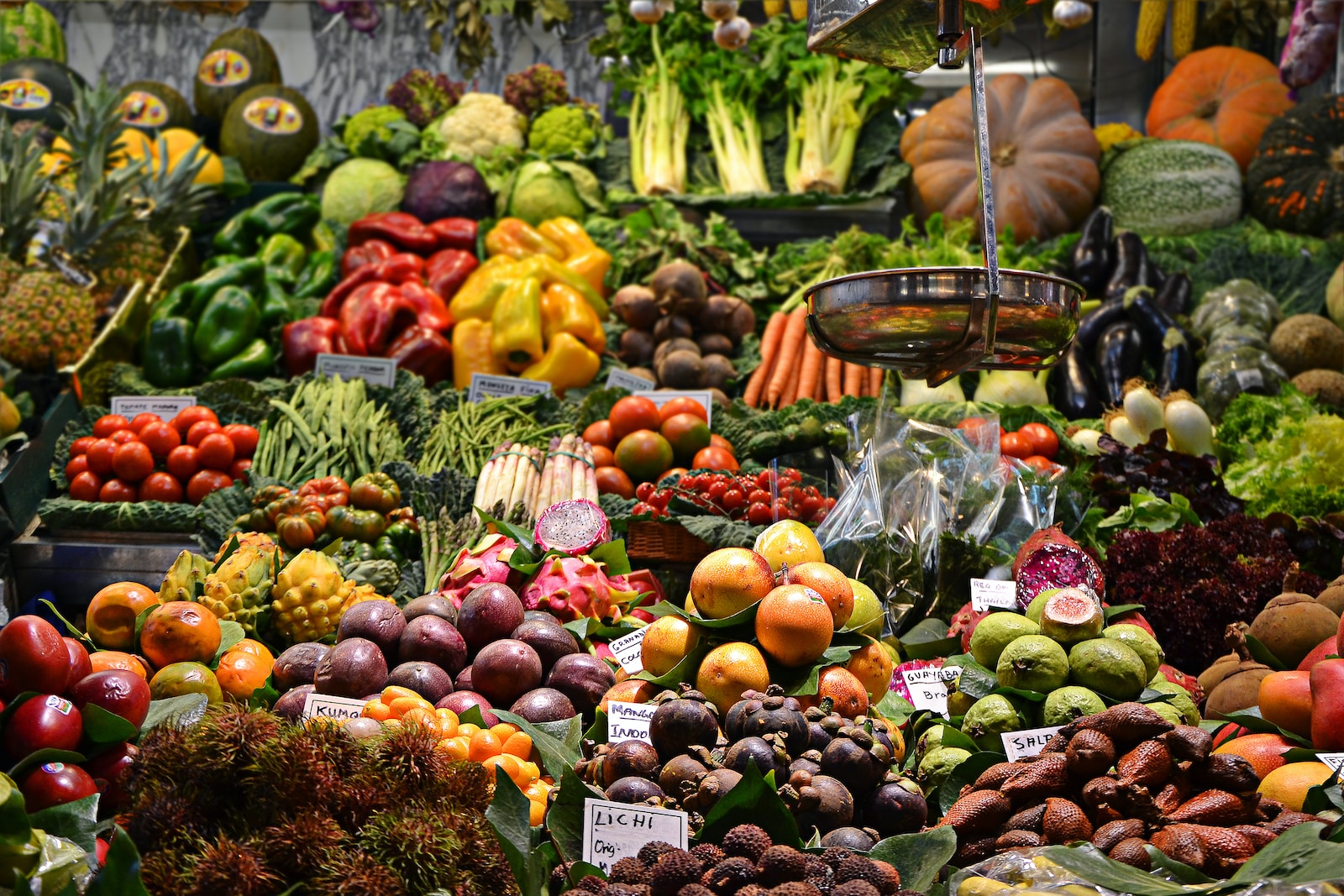Table of Contents
ToggleIntroduction
Our food system is broken, and it’s having a significant impact on our health, the environment, and the economy. From the rise of industrial agriculture to the decline of small-scale farming, our food system has become focused on efficiency and profits at the expense of sustainability and health. In this article, we explore how our food system is broken and what we can do to fix it. From supporting regenerative farming practices to promoting healthy and sustainable food choices, we’ll explore the steps we can take to create a more equitable and sustainable food system.
The Problems with Industrial Agriculture
Industrial agriculture is one of the primary drivers of our broken food system. Here are some of the ways that industrial agriculture is harming our health and the environment:
Impact on Soil Health
Industrial agriculture relies heavily on synthetic fertilizers and pesticides, which can harm soil health and lead to soil erosion and degradation.
Water Pollution
The use of synthetic fertilizers and pesticides in industrial agriculture can also lead to water pollution, contaminating our rivers, lakes, and oceans.
Decline of Biodiversity
Industrial agriculture has led to a decline in biodiversity, as monoculture farming practices have replaced diverse ecosystems with vast fields of a single crop.
The Benefits of Regenerative Farming
Regenerative farming offers a promising alternative to industrial agriculture. Here are some of the benefits of regenerative farming:
Supporting Soil Health
Regenerative farming practices, such as crop rotation and cover cropping, can support soil health and reduce soil erosion.
Reducing Carbon Footprint
Regenerative farming can also help to reduce our carbon footprint, as healthy soils can sequester carbon from the atmosphere.
Promoting Biodiversity
Regenerative farming can also promote biodiversity, as diverse ecosystems can support a wide range of plant and animal species.
Promoting Healthy and Sustainable Food Choices
In addition to supporting regenerative farming practices, we can also promote healthy and sustainable food choices. Here are some ways we can do this:
Reducing Meat Consumption
Reducing meat consumption can have a significant impact on our carbon footprint and support animal welfare.
Eating Locally and Seasonally
Eating locally and seasonally can reduce the carbon footprint of our food and support local farmers.
Choosing Organic and Non-GMO Foods
Choosing organic and non-GMO foods can support healthy soil and reduce our exposure to harmful pesticides and herbicides.
Conclusion
Our food system is broken, but there are steps we can take to fix it. From supporting regenerative farming practices to promoting healthy and sustainable food choices, we can create a more equitable and sustainable food system. By supporting local farmers, reducing our meat consumption, and choosing organic and non-GMO foods, we can create a healthier and more sustainable food system for everyone.







